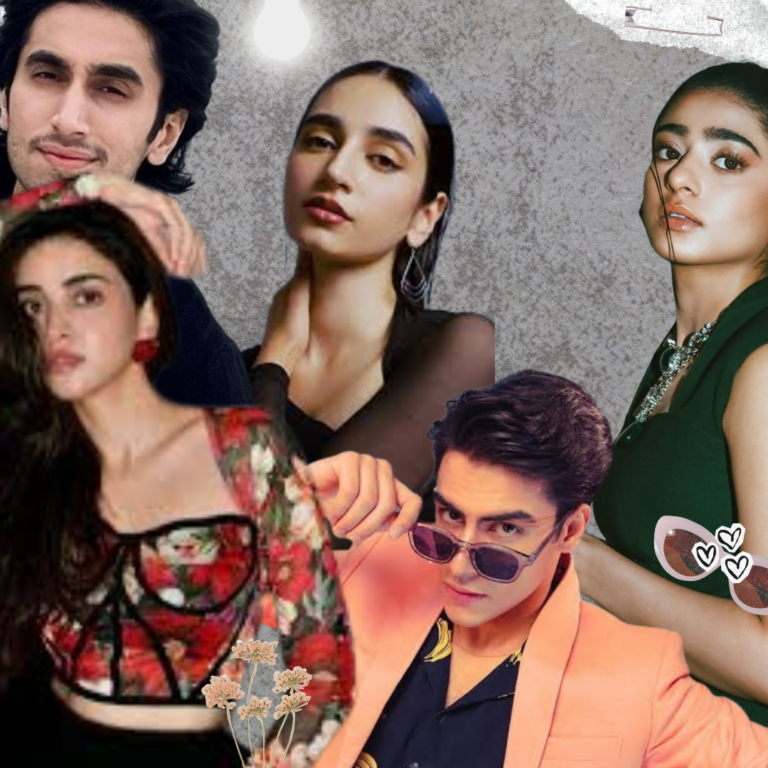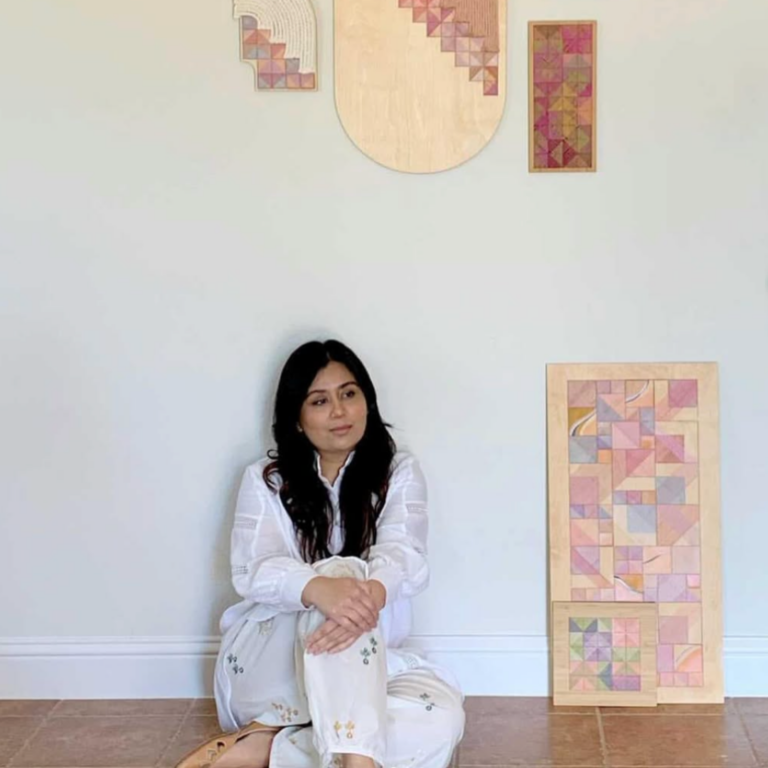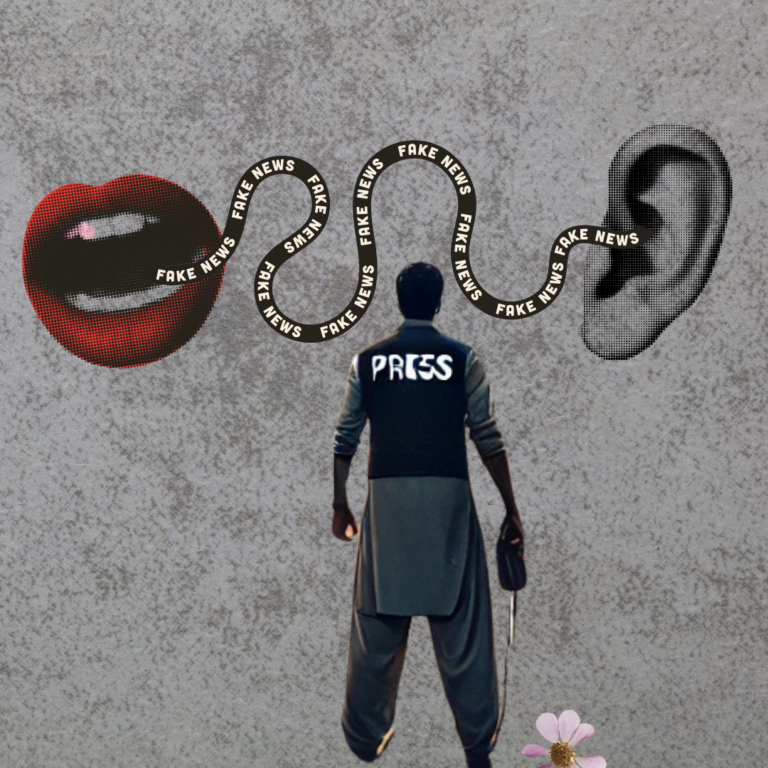Wicked: Part One (2024) may seem like an escapist fantasy but the film’s themes— fascist governments, power, and and social justice—are strikingly relevant to Pakistan’s own political circus. In a country where authority, corruption, and misinformation rule, the Broadway adaptation serves as a mirror—proving that while witches may fly over Oz, their stories resonate here on Earth.
The musical focuses on the complicated relationship between Elphaba, the “Wicked Witch of the West,” and Glinda, the “Good Witch of the North” and their struggles to personal truth.
Every song reflects an uncomfortable aspect of contemporary life in Pakistan:

Citizens celebrate the fall of Elphaba who they believe is the “Wicked Witch.” It is easy for politicians to use propaganda and religious rhetoric to create narratives that paint their opponents as villains to deflect attention from themselves. Challenge the status quo and you are demonized as “evil” or “unnatural”, meanwhile, the corrupt hide behind a veil.
Fighting for missing persons -> Wicked. Transgender people fighting for rights -> Wicked. Women demanding equality -> Wicked.

Society casts aside marginalized communities, erasing them from public memory. As the mediocre but mighty Wizard says “The best way to bring folks together, is to give them a really good enemy.” If people are focused on hating those who seem to defy norms, they will never fight back against their actual oppressors.
“And Goodness knows
The wicked’s lives are lonely
Goodness knows
The wicked die alone”
In Wicked, the real villain is the system. So, when you’re called “wicked” for asking for justice, perhaps you are doing something right.

Elphaba’s deepest desire is to be accepted by the Wizard, who promises to fix everything and make her acceptable to the world. He is charming and charismatic so it feels like he has power but it is actually Elphaba who had the real power all along.
In Pakistan, politicians talk a big game about change, while their main goal is to stay in power.
If a savior promises to fix everything from the economy to the weather while real issues like governance and economic instability get pushed aside it’s time to reevaluate what they really bring to the table.
When you give your blind trust to a leader, you’re handing over your power. And the only thing you’re left with is an ever-expanding “elite club” and unfulfilled promises.

Elphaba and Glinda’s initial rivalry turns into a deep, complicated friendship. When people are split in factions, it appears that another groups gain would inevitably mean your loss. If these factions fight each other, they never join together to take power back into their own hands.
“Your face your voice. your clothing let’s just say I hate it all”
Dismissing people for the most trivial and superficial things because they feel foreign or unnatural keeps them from seeing all the things they have in common. In Wicked, both Elphaba and Glinda defy societal expectations of women. Elphaba’s intelligence, strength, and independence challenge traditional notions of femininity, while Glinda’s transformation from a conventional “good girl” to an independent, empowered figure speaks to the evolving roles of women in the story.
In Pakistan, female relationships in media are often framed as catfights emphasizing competition or jealousy but there is a depth and transformation that can occur when women respect and empower one another.
This portrayal of female friendship can resonate with Pakistani audiences, who may be accustomed to seeing women depicted as rivals rather than collaborators. Patriarchy needs women to hate each other to survive, but there is a better way. Just imagine if all those women actually teamed up.

In Oz speaking out is the bravest and most dangerous act you can commit. “Animals should be seen and not heard”. The goal is to silence voices that demand accountability, but if they didn’t have something to say, they wouldn’t be screaming so loud.
Those who speak out against injustice in Oz are labeled “anti-state” and subjected to harassment, abduction or worse. As resistance becomes a crime, groups meet covertly just to strategize their survival. Animals gather in secret to discuss the disappearance of their colleagues—an eerie parallel to what could unfold in a press club in Pakistan, where journalists whisper about missing reporters who challenged the system.
Elphaba dealt with discrimination all her life but it was seeing the suffering of Animals, that made her act. What radicalized her? Empathy.
It’s a radical notion, one that could do the world a little good if we all tried it.

Fiyero’s carefree anthem about avoiding responsibility might sound fun, but it’s also a dangerous mindset. In Pakistan, ignoring political and social injustices can seem tempting—until reality hits.
In a world where ignoring politics and social injustices is easy, distracting yourself with superficial pleasures and ignoring the systemic corruption and social injustices that run deep in the country is a way to detach from daily struggles.
However, for many, especially those who don’t have the luxury of avoiding hard truths, this attitude is also a coping mechanism. Sometimes, you can’t care about everything all the time. When you’re fighting to get through the day, it’s easier to focus on the good, to ignore the constant flood of bad news, and just survive.
Eventually, Fiyero realizes that his blissful ignorance was just a distraction from the real work of social change. Wicked reminds us that unjust systems thrive when people give up social responsibility.
So, maybe it’s time to stop dancing and start demanding better—not just for those who can afford to look the other way, but for everyone.

Once Galinda decides to be friends with Elphaba, she teaches her how to be loved, adored, and, most importantly, seen. Society pressures people to conform to rigid, surface-level expectations where being “popular” is equivalent to being compliant.
Becoming a society-approved woman is all about packaging- checking the right boxes, wearing the right outfits, and smiling at the right moments all to get acceptance. In Wicked even what ostensibly feels like a makeover song is actually more sharp political commentary.
“Celebrated heads of state
Or specially great communicators!
Did they have brains or knowledge?
Don’t make me laugh! They were popular!”
Charisma and attitude often propel politicians more than actual ability, competence, or qualifications.
In Pakistan, this lesson hits hard as media figures are often elevated to stardom through flashy campaigns, charm, and a consistent stream of popular narratives. The skill of being adored without the substance to back it up never ends well.

Elphaba finally rejects oppression, refusing to conform. In Pakistan, where resistance to a corrupt political system often comes at great personal cost, this song feels like a rallying cry. It speaks to the youth and activists like Mahrang Baloch who are challenging the status quo, demanding accountability, and refusing to be crushed by the weight of a society that expects them to stay silent or compliant.
Elphaba’s defiant moment marks a rejection of control, a refusal to be tethered by societal norms. It’s about taking flight and fighting for your own destiny—even when the path ahead seems daunting. For those pushing back against authoritarianism, injustice, and systemic failures, she is a reminder that breaking free from oppression might be messy, uncomfortable, and full of resistance, but it is always worth it.
It’s time to “defy gravity”—not just in Oz, but right here. Changemakers can’t ask for permission to challenge the system; they must demand a better future that’s free from inequality. So, if you feel the pull of oppression, take a deep breath and soar.
Wicked might be set in Oz, but its themes hit home in Pakistan. Elphaba and Glinda’s rebellion against the system mirrors the fight against corruption, authoritarianism, and social injustice here. From being demonized as “wicked” to challenging corrupt politicians, the film’s characters reflect the struggles of anyone in Pakistan who dares to speak out. Whether it’s the oppressive government or the societal pressure to conform, Wicked shows us that resisting the status quo is messy, uncomfortable, and often dangerous—but ultimately worth it.
Cast: Cynthia Erivo · Ariana Grande · Jeff Goldblum · Michelle Yeoh · Jonathan Bailey · Ethan Slater · Marissa Bode · Peter Dinklage.
Wicked: Part One is screening in selected theatres in Pakistan. Wicked: The Good is scheduled for release winter 2025.






 Saim
Saim 

 Naqsh begins today, taking over the Faraar tim
Naqsh begins today, taking over the Faraar tim











